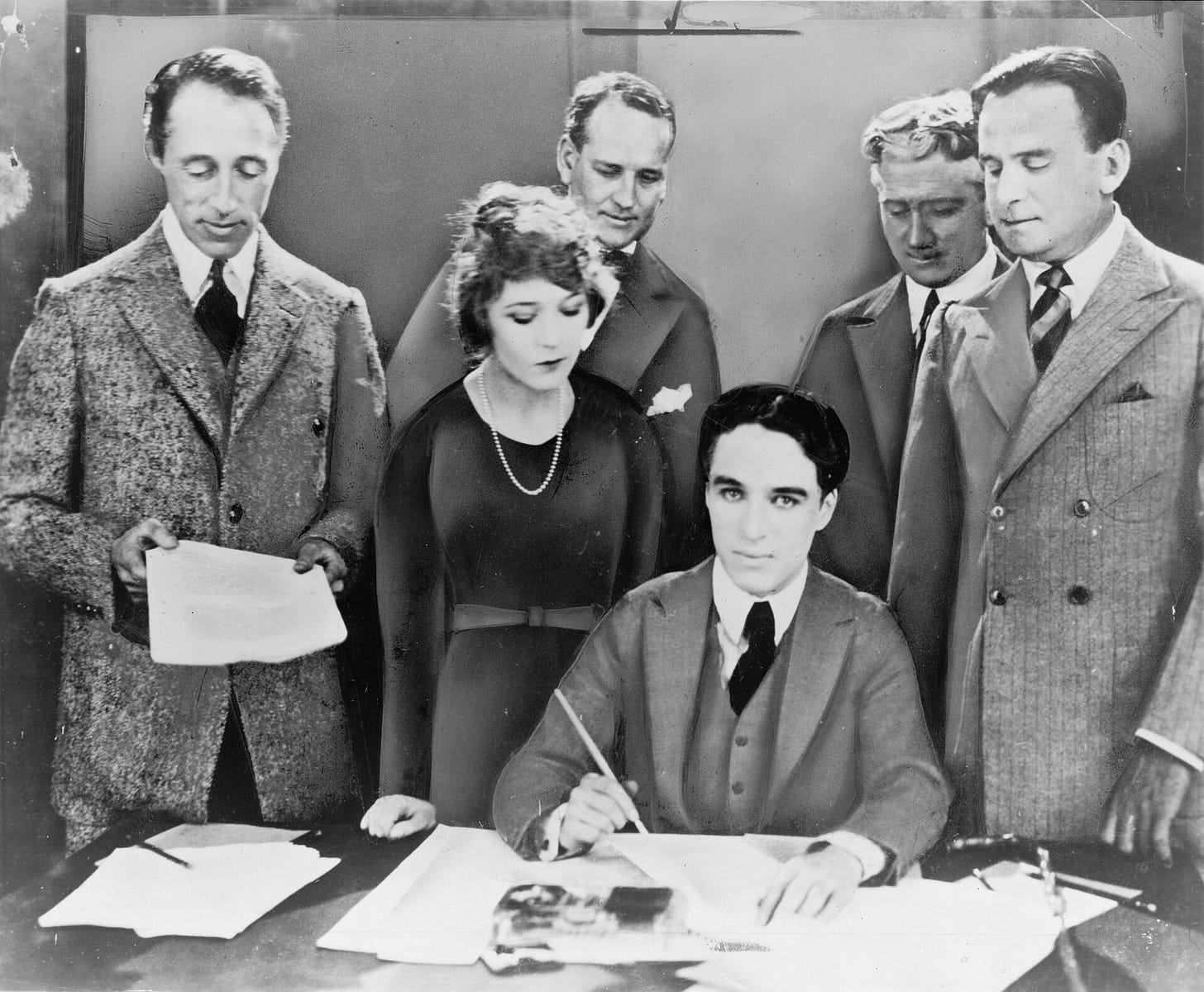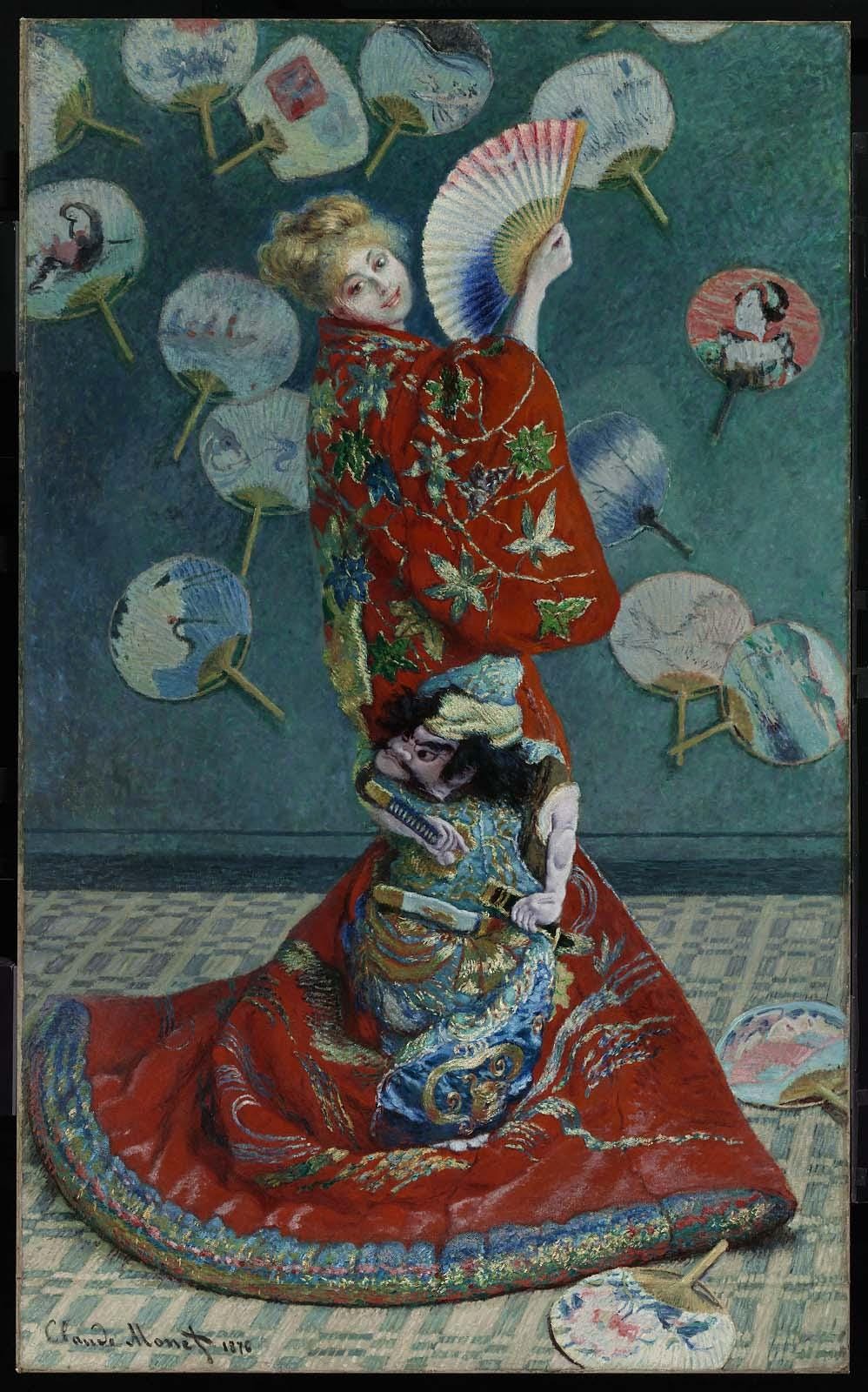#6/120 - Seeing the engineered system of life
If other's success make you wonder why a person can endure such pain, and begin to doubt your true potential, this essay is for you.
If other's success make you wonder why a person can endure such pain, and begin to doubt your true potential, this essay is for you.
Humans are naturally attracted to others' success. Deep in our nature lies an enormous desire for peace and comfort. Finding successful individuals and raising them as leaders is one way to achieve this. Even in this era, far from our ancient gatherer society, we still naturally operate on this instinct.
This tendency shapes our understanding of success into something narrow and utility-based. When we read about others' success stories or autobiographies, we feel awe at their seemingly impossible accomplishments achieved through power, will, and discipline. We often interpret this feeling as evidence that they are better than us, concluding that we cannot accomplish anything on a similar scale.
But this is a limited view of success. Focusing purely on power, will, and discipline misses a grand hidden gem that few notice: What is their fuel? How do they sustain their inner peace and strength to move forward? In short, what is their rewarding system?
One figure who comes to mind when I consider this is Charlie Chaplin, one of the greatest magicians in movie history.
Tell me about a figure you admire.
The rewarding system of Charlie Chaplin
Charlie Chaplin was a outstanding director and actor, with his character "The Tramp" becoming a beloved figure in many people's dreams. His tremendous success came partly from his perfectionism. He would spend hundreds, if not thousands, of hours filming a scene, hundreds of days perfecting a manuscript, and endure pain that seemed impossible for others to bear. Before analyzing what lies behind his success, I would like to define our analysis target: the rewarding system.
This system has three key qualities:
It is self-driven. A reward provided by external sources is fragile and cannot withstand the test of time.
It provides a strong will to advance through reward rather than discipline. This reward can be almost anything, but the scale of motivation and determination corresponds to the size and quality of the reward.
It can grow and evolve through three layers: for oneself, for the community, and for the greater good.
Let me explain these qualities through Charlie Chaplin's life.
Chaplin was born into poverty, with separated parents. By age nine, he had to support himself as his mother could no longer work. At this young age, survival became his highest priority, leaving no room for contemplation or exploration. He desperately needed to find ways to earn money for his family and himself, which led him to take acting seriously. It became his life, his means of earning, and survival. During this stage, while part of his reward came from external sources in the form of money, there was also an internal reward: the feeling of self-sufficiency and independence.
Later, as he entered the film industry and gained attention and wealth, he could focus more on the artistic aspects of his work and create something truly meaningful. He began to feel tension between his artistic pursuits and his publisher's profit motives. This prompted him to envision a grander future and consider how to better serve his community.

This vision led to the creation of United Artists, which became a sanctuary for many creators. At this stage, Chaplin focused not only on his own films but also on the entire industry and how artists should be supported. Working with talented people and building a community enhanced his productions, and his determination to prove this model could succeed in Hollywood drove him forward. Now, he was motivated not just by survival, but by the need to protect his artistic community, which led to the creation of many masterpieces.
After a sixteen-month world trip, Chaplin evolved further, becoming vocal about political messages. He began using his films as a medium to comment on world issues and educate his audience. At this point, he was driven by the possibility that through his work, the world could become a better place. This pursuit led him to step outside his comfort zone1, as evidenced by his powerful speech in "The Great Dictator", this is the first time he used his sound in the film.
The hate of men will pass, and dictators die, and the power they took from the people will return to the people. And so long as men die, liberty will never perish.
From personal survival to community building to serving the greater good, Charlie Chaplin crafted different rewarding systems that fueled his ability to endure seemingly impossible challenges and create some of the greatest movies of all time.
Crafting your own
Chaplin's journey from survival to social impact illustrates how a reward system can become ones fuel toward greatness, and it can also evolve and deepen over time.
Yet your reward system must be uniquely yours. It should reflect your circumstances, values, and aspirations - just as Chaplin's reflected his. Let's explore how you can begin building a system that will fuel your own journey of growth and achievement.
Focus on Why not What
We often default to thinking about "What" while dedicating too little attention to "Why." This tendency stems partly from the discomfort of questioning ourselves, especially during moments of self-doubt. However, exploring the "Why" is crucial – not only does it help our motivation withstand the test of time, but it also develops a deeper understanding of ourselves.
Consider the first quality of an effective reward system: "It's driven by oneself." This creates a perpetual motion machine that consistently powers you forward. The prerequisite, however, is understanding yourself deeply and being willing to venture beyond your comfort zone to examine your failures, harsh realities, and the stories you'd rather forget. You need to establish a bonfire in that space and regularly return to it. Sit beside the fire and contemplate the "Why" – why you're here, why you want to pursue this path, why you are who you are.
The habit chain: Starting from small
One of the most valuable insights from James Clear's "Atomic Habits" is the concept of the habit chain. This approach helps reshape one's life to form good habits through two key steps:
Identify essential daily activities like brushing teeth, eating, or showering to serve as anchors for designing your chain.
Place small rewards after completing the positive activities you want to establish as habits.
For instance, to improve my writing habits, I structured my chain like this: brushing teeth (anchor) → meditation → writing(2 hours) → 15 minutes of relaxation (watching YouTube videos as a reward).
To build a reward system, we can start with something this modest. Select one meaningful activity that seems challenging to maintain consistently. Make it the core of your habit chain and celebrate each completion. While external rewards may initially drive us, if you deeply examine the "Why," internal motivation will naturally develop.
Stay in the game
Once you've established a working habit chain and consistently question your "Why" while seeking truth. Now this is the most important advice I want to put on the table. Stay in the game.
A reward system becomes meaningless if we stop participating. Consider Charlie Chaplin, who spent 17 years developing his ability to act and slowly mature the character "The Little Tramp," and another 26 years before confidently adding voice to his films to speak for greater causes. Every meaningful accomplishment requires extensive time and effort. While a reward system is essential, it isn't the driving force – we must be that force ourselves.
End note
Success that comes from our own efforts is addictive, driving us to achieve even more. However, others' success stories can be poisonous when they make us fixate on their results rather than their journey. That's why I'm writing this article – we need to look deeper into how people achieve their goals, understanding their pain and sacrifices, and then go beyond mere observation to action.
It's crucial to understand their reward systems and ask ourselves: "Is this the kind of system I want to live by?" When we reach this level of understanding, others' success stories become purified. They no longer poison our minds; instead, they help us better understand ourselves and our vision. Every story becomes fertile soil where we can cultivate our own dreams.
Remain clear eyes, focus on the system, stay in the game, and define the unique rewarding system that only, belong to you.
This month’s connection: Jad Fenergi
I met Jad around mid-2023 when Threads was just getting started. I was immediately drawn to his artwork, which includes 3D rendering, architecture, and his daily work-in-progress updates. He has a unique charisma that makes you feel connected through art, fostering an environment where we can learn from each other’s experiences and mistakes. Most importantly, he embodies the spirit of community and mutual support.
I’ve learned a lot from his artistic journey and have gained countless inspirations from our conversations. It is my pleasure to introduce this brilliant artist to you. You can follow him on Threads (@jad_fenergi).
Charlie Chaplin, explaining his defiance against in the 1930s:
"I was determined to continue making silent films ... I was a pantomimist and in that medium I was unique and, without false modesty, a master."


